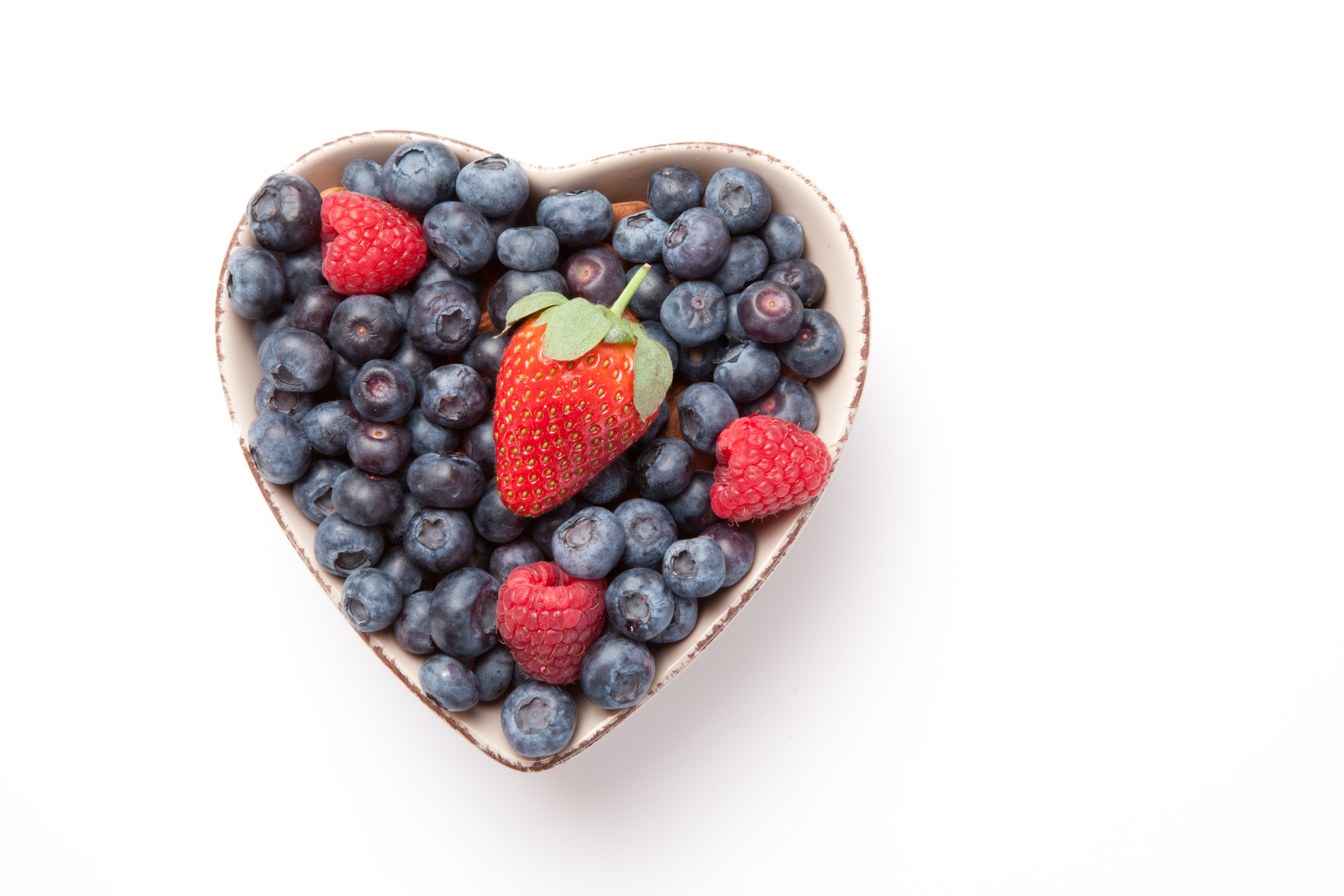
Just take a walk through any grocery store and you’ll see tons of health food buzzwords plastered across food packaging. They’re found on chips, cereals, breads, and even soft drinks. Food marketers absolutely love to put healthy-sounding words out on packages to help you feel good about picking up their product. There are some health food buzzwords that have weight behind them, while others don’t necessarily mean what you think.
To help you better navigate around these confusing words, let’s break down these common health food buzzwords into what they really are.
Superfoods
This is probably the most common buzzword you’ve heard. Those so-called superfoods like acai berries have been getting lots of hype, but try not to believe it. Superfoods are thought to be nutrient dense foods that are beneficial to your health and that may even help to fend off some diseases. But the truth is, they have little grounding in science. These health foods labeled “super” are definitely good for you, but there isn’t any food out there that will change your life.
Organic
Organic foods are never genetically modified and don’t contain pesticides. The term organic applies only to the quality of ingredients. When a food is labeled organic, it doesn’t necessarily mean that a food is nutritious or heart-healthy. It can actually be a high source of sodium, calories or any other nutrients that you should avoid. Remember that an organic cookie is still a cookie and hasn’t magically turned into an apple. Organic sugar is still sugar, after all.
For more helpful and healthy tips, follow us on our Facebook page!
Cage-Free/Free-Range
When you read these health food buzzwords, you may picture chickens running around free in a field, but sadly that isn’t always the case. Free-range means that they do have access to the outdoors, but they are typically enclosed in a large, crowded barn. If you’re concerned about the treatment of the animals and the quality of the eggs, look for “pasture-raised eggs” and do some research on the farm.
Made with Real Fruit
There are a ton of snacks and juices available to us that say “Made With Real Fruit”, but this doesn’t mean that the product is a healthy choice. Check out the ingredient list on foods to tell if there is more real fruit than fruit concentrate. The foods higher up on the list are a greater percentage of the ingredients.
Knowing which words are legitimate and which are used deceptively for marketing purposes can help you make healthier food choices the next time you hit the grocery store.
Physical therapy plays an important role in injury prevention and your overall health. Contact DHT Physical Therapy today to schedule your appointment to get on the fast-track to a healthier you.
